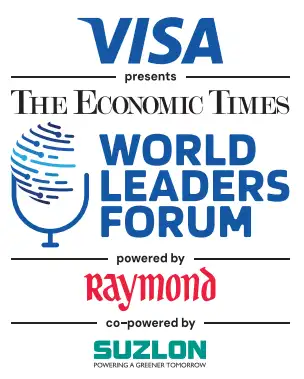He proposed a “frugal financial system” mannequin that charts a center path between hypergrowth and degrowth – two extremes that the nation can't afford.
“India can't pursue hypergrowth just like the US. If all Indians produced and consumed like Individuals, we would wish 5 planets to provide the sources and take in the waste. However India can't embrace degrowth both, as a result of a minimum of one billion individuals nonetheless want higher dwelling requirements,” Radjou mentioned.
For its sustainable improvement, India wants to decide on a smart center path rooted within the nation's personal ingenuity and knowledge, the New York-based innovation scholar mentioned.

Additionally Learn: International dysfunction can carry India, Europe nearer: Former Italian PM Matteo Renzi at ET WLF
In response to him, the frugal financial system isn't a utopia however a fast-emerging mannequin constructed on three pillars: B2B useful resource sharing targeted on industrial symbiosis; distributed manufacturing, prioritising native influence over scale; and, triple regeneration that places individuals, locations and the planet at its centre.
He highlighted how Indian startups are pioneering methods for corporations to share sources.
Platforms like Vahak, a web-based freight market, join small truck homeowners with shippers to mixture masses right into a single cargo, thereby growing truck fill charges, which will increase incomes for small carriers and reduces emissions by optimising freight routes.
Additionally Learn: Clear power drive in excessive gear on path to milestone 2030: Energy sector specialists at ET WLF 2025










